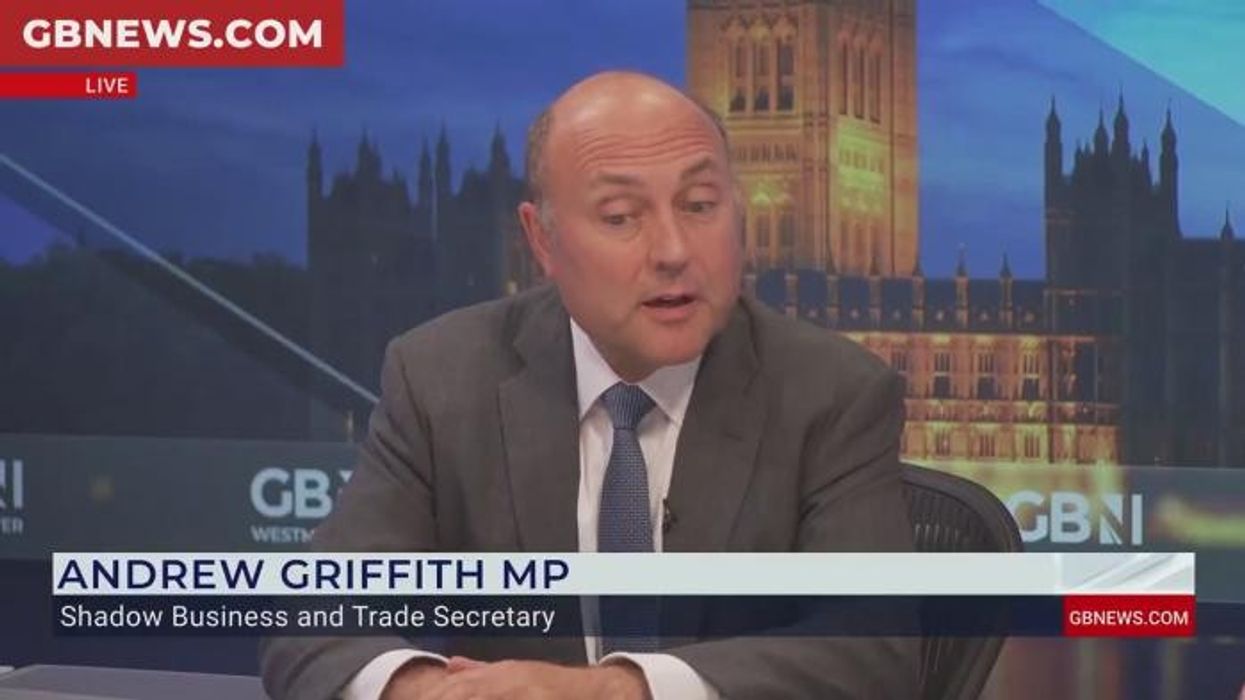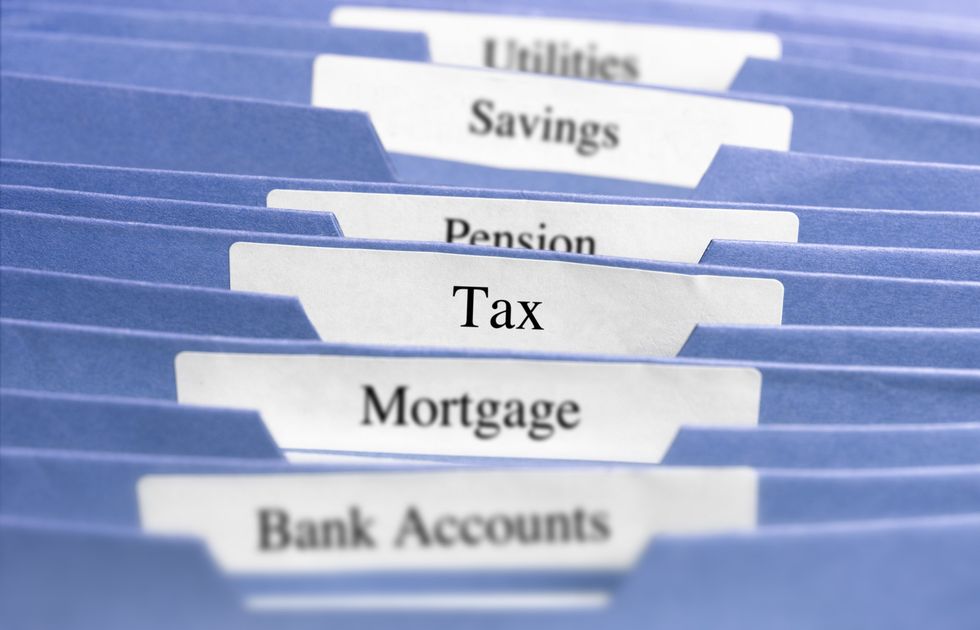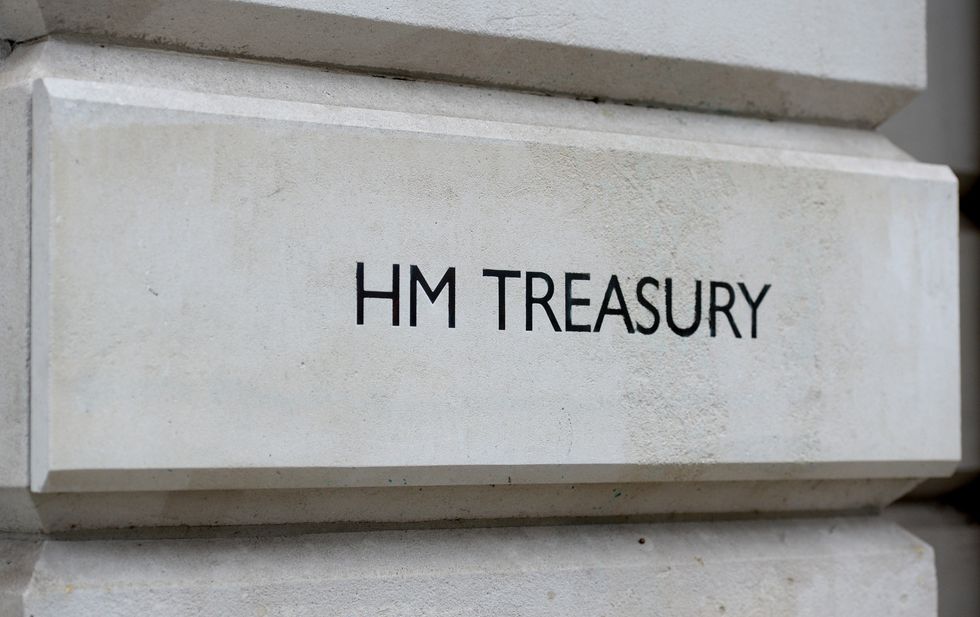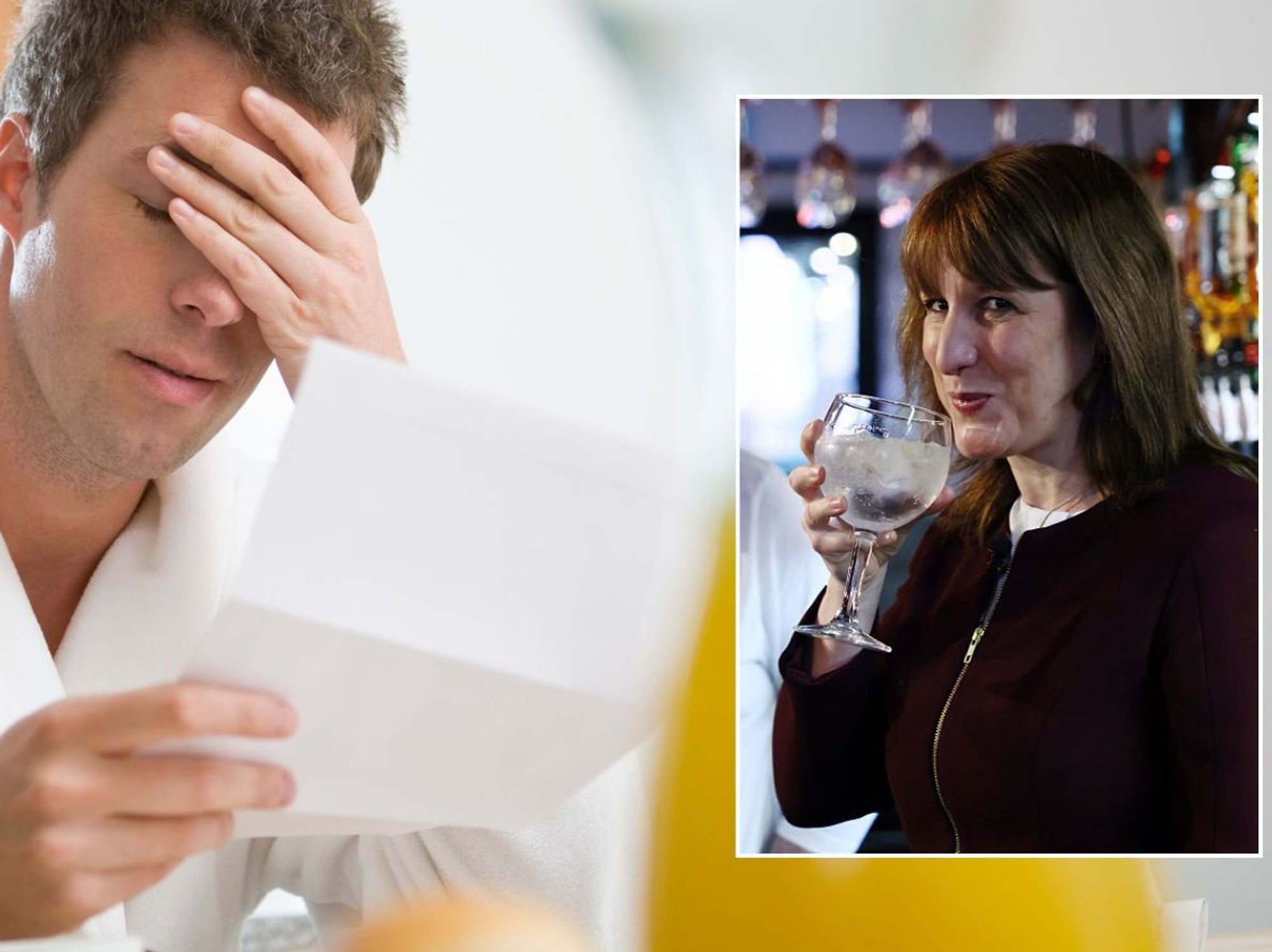Tax warning: Rachel Reeves urged to avoid HMRC raid as UK economy hit with GDP 'shocks'

Andrew Griffith MP warns the UK’s tax base is on a 'depressing' knife edge |
GB NEWS

The Chancellor is expected to raise taxes in autumn but analysts are calling on the Treasury to take a different course of action on the economy
Don't Miss
Most Read
Latest
Chancellor Rachel Reeves is being urged to avoid a tax raid on workers and businesses in her upcoming Autumn Budget after gross domestic product (GDP) growth slipped slightly for May 2025.
Over the month, GDP fell by 0.1 per cent following a 0.3 per cent drop in April 2025. This represents another headache for the Treasury, which has made economic growth a cornerstone of its fiscal policy.
Julian Jessop, an economics fellow at the Institute of Economic Affairs (IEA), warned that another negative shock in the Autumn Budget "could easily be enough to tip the economy over the edge again".
He explained: "A large part of the slowdown is simply the reversal of the temporary factors that flattered growth earlier in the year, notably activity brought forward to beat Trump’s tariffs and the changes to UK stamp duty.

Rachel Reeves is being urged to avoid raising tax rises in her upcoming Budget
|GETTY / PA
Jessop asserted that Britain needs to continue focusing on bolstering economic growth and should avoid hiking taxes at all cost.
"April also saw the new shocks from the increases in employment costs and higher energy bills, which are continuing to weigh on activity," he added.
"But the more timely business surveys suggest that confidence is at least stabilising and may be recovering a little.
"The upshot is that underlying growth is probably around 0.2 to 0.3 per cent a quarter and an outright recession should be avoided. But this would still be well short of the numbers required to fix the public finances."
Do you have a money story you’d like to share? Get in touch by emailing money@gbnews.uk.
 The backlash highlighted growing frustration amongst business leaders over the Government's economic policies | GETTY
The backlash highlighted growing frustration amongst business leaders over the Government's economic policies | GETTYReeves is understood to be planning a £1.7billion overhaul of business rates that would impose higher taxes on major retailers, hotels, restaurants and tourist venues across Britain.
The reforms would scrap the current 40 per cent relief system that saves businesses £1.7billion annually, The Telegraph reports.
Under the new system, properties with rateable values below £500,000 would benefit from a reduced multiplier rate. However, this would be funded by a surcharge on more valuable premises above the £500,000 threshold.
The changes would affect hotels, restaurants, theatres, tourist attractions, zoos, cinemas, caravan parks, flour mills, creameries and cement works nationwide.
Industry leaders have warned the reforms could devastate businesses across the country. Wimbledon tennis championships could face an additional £1.3 million annual bill under the changes.
John Webber, head of business rates at property firm Colliers, said ministers had been "disingenuous" in claiming the reforms would help the high street. "It beggars belief how the Government's plans will help if they lead to reduced investment and expansion or even employment opportunities in these bigger high street stores," he said.
LATEST DEVELOPMENTS:

The Treasury is expected to raise taxes in autumn
| PAKate Nicholls, Chair of Hospitality UK, warned ministers they must deliver the 20 pence discount in full or face "carnage on both on the high street and in retail". She said: "If they're looking for more money, you cannot come back to the high street and have another bite at the cherry. If they do, they'll tax us out of existence."
Industry sources fear the Chancellor could use the reforms to introduce a stealth tax by setting the surcharge at the maximum 10 pence level whilst offering less than the promised 20 pence discount. "It's a genuine risk because they're really fiscally constrained," one source said.
Seven major retailers including M&S, Asda, Morrisons, Primark, Sainsbury's, Tesco and B&Q owner Kingfisher have united to oppose the plans. They have been joined by Labour-affiliated union Usdaw, which warned the reforms risk causing significant job losses.
In a joint letter to the Chancellor last month, they cautioned that the plans would "negatively impact the jobs market" and create a "cycle of economic downturn".
More From GB News










